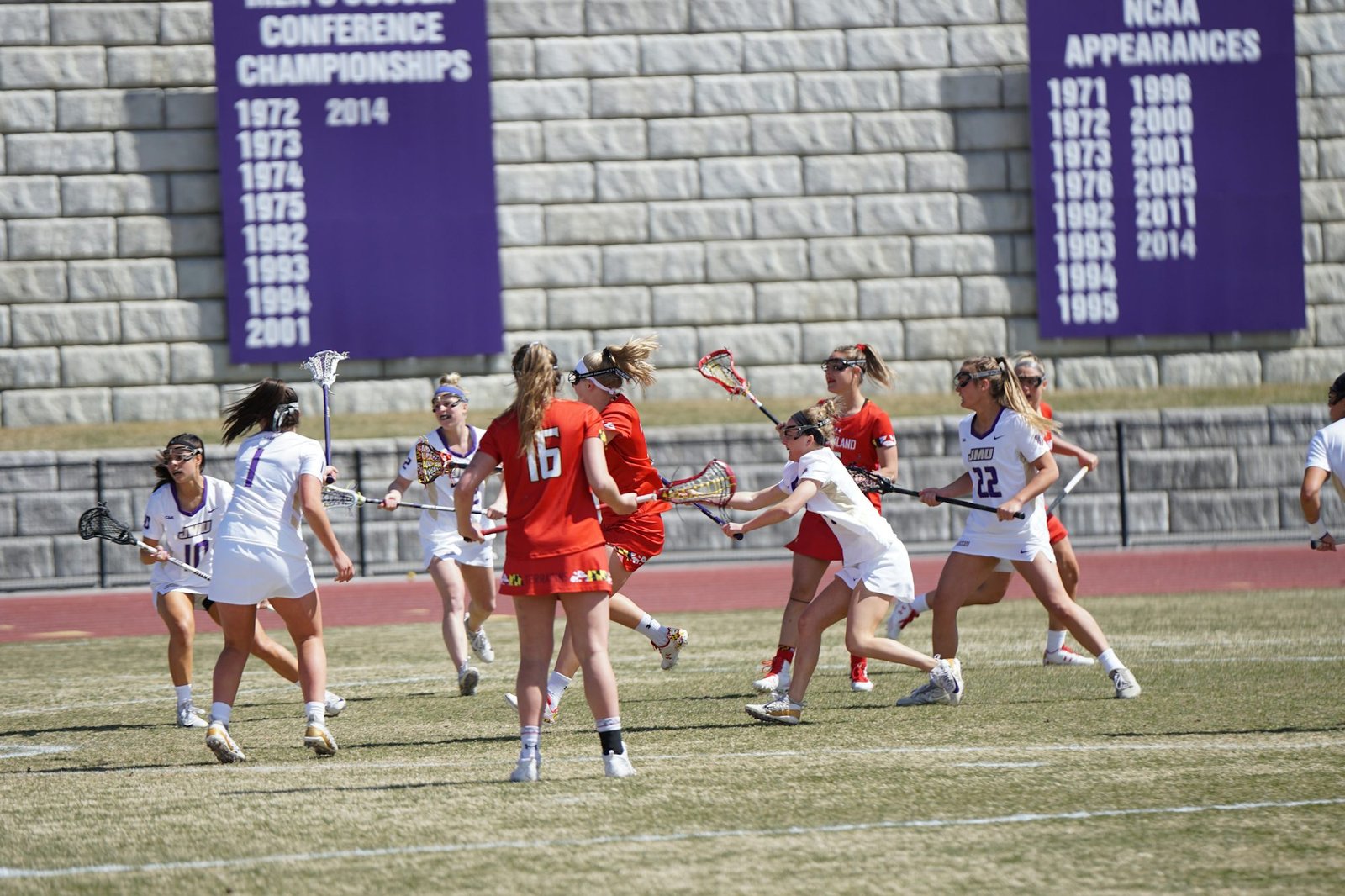movient.xyz
An Competition Game Fitness exploration of how team Championship sports foster personal Match development, community bonds, and Athlete Exercise vital life Workout skills, Training highlighting their Tournament significance beyond competition.
Historically, team sports have played a pivotal role in various societies, evolving from simple games to organized competitions that unite participants and spectators alike. The origins of team sports can be traced back to ancient civilizations, where communal games fostered social cohesion. In ancient Greece, for example, the Olympic Games not only showcased athletic prowess but also promoted unity among city-states. This rich history underscores the enduring appeal of team sports as a means of bringing people together.
In modern times, team sports have become an integral part of cultural identity. Events like the FIFA World Cup or the Olympics ignite a sense of national pride, as fans rally behind their teams, celebrating victories and enduring losses together. These moments create a shared experience that transcends individual differences, fostering a collective spirit of enthusiasm and camaraderie. The emotional rollercoaster of sporting events unites communities, illustrating the power of sports to forge connections among diverse populations.
Engagement in team sports imparts essential life skills that are applicable beyond the athletic arena. Participants learn valuable lessons about teamwork, communication, and leadership. For instance, players must collaborate to devise strategies, make quick decisions, and adapt to the evolving dynamics of a game. This teamwork not only enhances their ability to navigate challenges but also nurtures resilience. As athletes face both triumphs and setbacks together, they develop a strong sense of camaraderie and mutual support, contributing significantly to their personal growth.
Coaching is a critical component of the team sports experience. Effective coaches not only teach technical skills but also foster a positive team culture built on respect and open communication. By creating an environment where players feel valued and supported, coaches can inspire athletes to reach their full potential. They encourage personal growth and teamwork, emphasizing the importance of collaboration over mere victories. This mentorship plays a crucial role in helping athletes become well-rounded individuals who can tackle challenges in all aspects of life.
Youth sports programs are particularly significant in nurturing the next generation of athletes and community members. Local leagues and school teams provide children with opportunities to engage in physical activity, learn discipline, and develop a sense of belonging. These programs often focus on inclusivity, welcoming participants from diverse backgrounds and fostering friendships that can last a lifetime. The social connections formed through team sports contribute to a positive community atmosphere, promoting a culture of support and encouragement.
In recent years, the push for diversity and inclusion in team sports has gained momentum. Organizations are increasingly focusing on creating environments that encourage participation among underrepresented groups. This shift not only enriches the sporting experience but also reflects broader societal values of equity and respect. By promoting diverse participation, team sports can serve as a powerful vehicle for social change, breaking down barriers and fostering understanding among different communities.
The impact of technology on team sports cannot be overlooked. Innovations such as performance analytics, wearable technology, and video analysis have transformed the way athletes train and compete. These tools allow teams to track performance, refine Fitness strategies, and enhance training regimens. Furthermore, technology enriches the fan experience, enabling supporters to engage with their favorite teams in new and exciting ways. This connection between fans and athletes strengthens the communal bonds associated with sports, further enhancing their cultural significance.
Despite the commercial aspects of modern sports, the core values of sportsmanship and ethical conduct remain paramount. Athletes are taught to respect their opponents, adhere to rules, and exhibit fair play. These principles enhance the integrity of competition and contribute to character Workout development, instilling a sense of pride and responsibility in participants. Emphasizing ethics reinforces the idea that the spirit of the game is as important as the outcome, shaping individuals' character and fostering a culture of respect on and off the field.
Looking to the future, the role of team sports in promoting health and well-being will continue to expand. As communities recognize the importance of physical activity and social interaction, team sports will remain a vital outlet for individuals to connect, develop new skills, and build lasting relationships. The lessons learned through participation—about teamwork, resilience, and mutual respect—will resonate throughout individuals' lives, shaping both personal and communal identities.
In conclusion, team sports serve as a powerful catalyst for personal development, community engagement, and cultural enrichment. They provide a platform for individuals to come together, learn critical life skills, and celebrate shared achievements. The impact of team sports extends well beyond the field, fostering connections that enhance our collective experience in an ever-changing world. Whether on the pitch, court, or field, the spirit of teamwork and collaboration is what truly makes these sports transformative and invaluable.